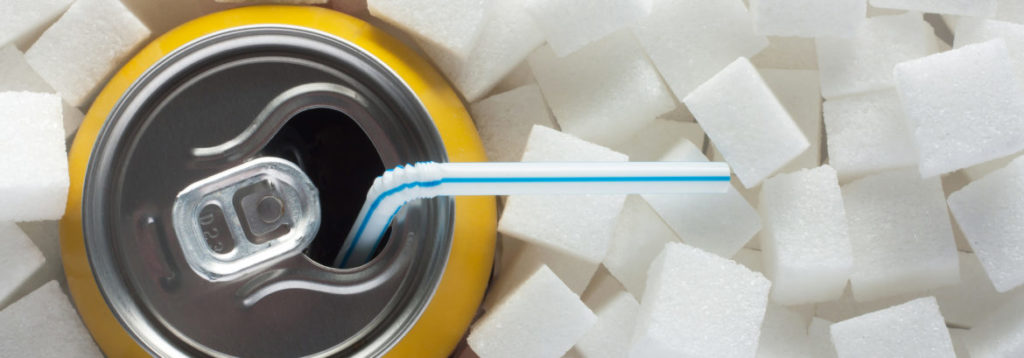In an effort to shed some pounds, many people choose to give up beverages high in sugar for diet varieties that offer similar tastes, with far fewer calories. Unfortunately, while these brands may offer a solution to consuming fewer calories a day, they might also increase the risk of dementia and stroke, suggests the findings of a new study. At our Happy Valley dentistry, we also want patients to understand that sodas – whether diet or regular – also pose a threat to your oral, and now apparently overall health.
According to researchers from the Boston University School of Medicine, just one artificially sweetened beverage a day seems to increase an individual’s risk of dementia and stroke threefold, when compared to those who consume less than one beverage a week.
Despite the data, researchers noted that only a few people involved in the study developed dementia or suffered a stroke, so the absolute risk remains small.
Additionally, “We can’t establish cause and effect, but our results suggest that we look more closely at artificially sweetened beverages to see how they are affecting our bodies and what affect they might have on different diseases,” wrote lead researcher Matthew Pase, a senior fellow at the university.
Exactly why diet drinks might show a connection to these types of conditions is also unknown.
Mouth/Body Connection
The results of this study is just the latest to find compelling links between our mouths and our bodies. Early research has found that individuals who suffer from poor oral health conditions like tooth decay and gum disease have a significantly higher risk of both stroke and dementia.
Other studies have found that individuals who consume more than one sweetened beverage a day have a higher risk of both tooth decay and gum disease.
Now, researchers have linked soda consumption with both dementia and stroke. Even if a clear link between soda consumption and these diseases cannot be clearly identified, it’s obvious that a cyclical effect connects what we put into our bodies, how it impacts our oral health, and how our overall health responds.
Some other studies have found that diet soda is lined with vascular disease, which might have an effect on the brain. Additional research had shown a link between weight gain and artificially sweetened beverages, which might increase dementia and stroke risk, say researchers.
Yet another study found that artificial sweeteners change normally healthy gut bacteria, which might also have a negative impact.
“People should be cautious about over-consuming diet drinks,” says Pase. “Just because they say ‘diet’ doesn’t mean they’re a healthy alternative to sugary drinks.”
Protecting Your Oral Health
A lifetime of healthy teeth and gums means more than just enjoying a great looking smile. What these studies are showing is that protecting our oral health also means protecting our overall health.
To keep your smile looking its best, while also lowering your risk of such chronic illnesses as heart disease, stroke, dementia, diabetes, and cancer, you need to practice quality oral hygiene at home.
The American Dental Association recommends spending at least two minutes brushing in the morning and again at night. You also need to floss at least once a day. By practicing these habits, and by scheduling regular exams and cleanings at our Happy Valley dentistry, you can better protect your health now and in the future.

